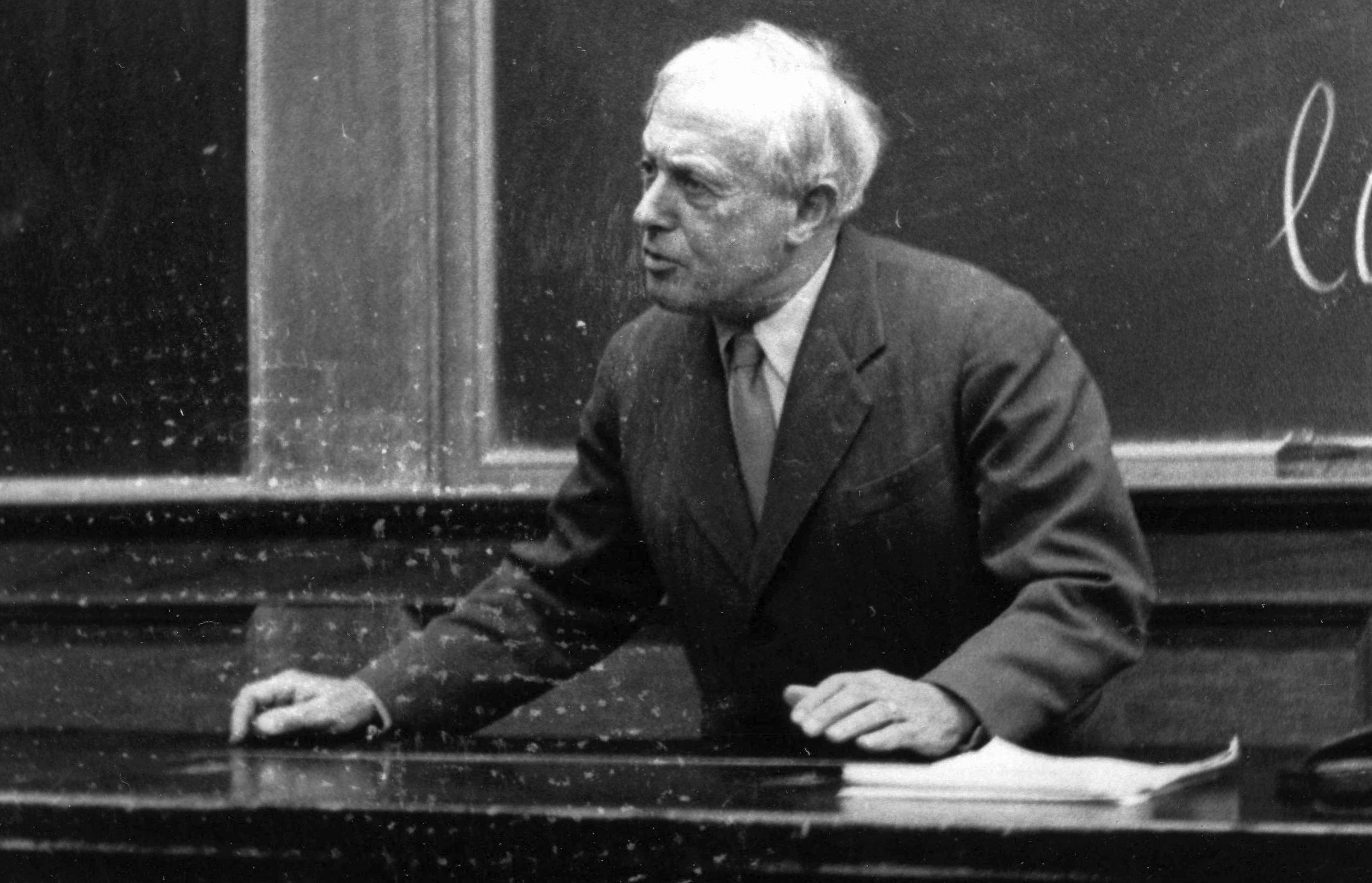We are in the midst of a tremendous, real universal history. Who cares for the French history, or for English history? A secular story. They are of no importance, if you compare them to this tremendous 2,000 years of organized life in the form of the Holy Spirit, of this power to connect more than one generation of man in the same spirit, to bear fruit, where one generation sows, and the other harvests. This has not existed before, and it is threatened today.
—May 8,1956

